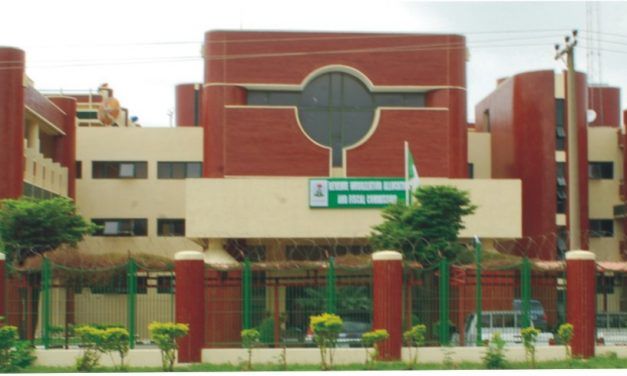The Revenue Mobilization Allocation and Fiscal Commission (RMAFC) has suggested a ramp-up of revenues at all levels of government for unhindered economic growth.
In a presentation made by RMAFC Chairman, Dr. Mohammed Bello Shehu at the just-concluded 2024 National Council on Finance and Economic Development (NACOFED) which held in Bauchi, the Commission observed that as the global economic environment becomes increasingly uncertain marked by fluctuation in oil prices, rising debt burdens, and demands for improved social services, the need to boost domestic revenue has become an urgent national priority.
The conference with the theme, “Fostering Economic Growth in Challenging Times: Strategies for Policies and Partnership for Fiscal Sustainability and National Development” brought together key policymakers and stakeholders to discuss strategies for addressing Nigeria’s economic challenges.
Participants at the conference include the Minister of Finance and Coordinating Minister for the Economy, Permanent Secretary, Federal Ministry of Finance, Accountant General of the Federation, Chairman, Revenue Mobilization Allocation and Fiscal Commission (RMAFC), Commissioners of Finance and Accountants General from the 36 States of the Federation including the FCT amongst others.
Dr Shehu opined that instead of over-reliance on external borrowing, domestic revenue mobilisation (DRM) in the form of taxes, fees, levies, natural resources, other productive sectors and state-owned enterprises offers a sustainable financing pathway that secures financial independence and creates a more predictable foundation for planning and implementing development programmes in the country.
“This revenue serves as the backbone for public investment in essential sectors such as infrastructure, healthcare, education, and social welfare, directly contributing to socio-economic growth and poverty reduction”.
He stressed that for Nigeria to ensure fiscal independence and resilience to global economic shocks, the country must focus on diversifying its domestic revenue base, given its reliance on oil exports, which are subject to global price fluctuations.
Increasing DRM reduces Nigeria’s reliance on external debt, preserving fiscal sovereignty and enabling the government to make development decisions based on local priorities rather than donor conditions and with reduced debt obligations, more resources can be allocated to domestic development needs rather than debt servicing.
“Effective domestic revenue mobilization necessitates improvements in governance, transparency, and accountability as citizens contribute more through taxes, they demand better governance, leading to a virtuous cycle of transparency, efficiency, and improved public trust”.
In order to strengthen domestic revenue mobilization, the Commission urged governments at all levels to prioritize diversification efforts by promoting sectors such as agriculture, technology, solid minerals, tourism, and the creative industries as they hold significant potential for growth and job creation adding that developing these areas will not only provide alternative sources of income but also mitigate the impact of oil price fluctuations on the economy.
To achieve the above-mentioned priorities, RMAFC believe Nigeria must holistically support Innovation and Research; Develop and Improve Infrastructure; Improve Governance and Transparency; Promote Financial Inclusion; Foster Regional Economic Integration and strengthen Social Contract and Community Engagement.
The Chairman further buttressed that financing national development through domestic revenue mobilisation is not only a matter of financial necessity but also a critical step toward Nigeria’s long-term stability and independence and ultimately, an imperative to fostering an economically self-reliant Nigeria, capable of driving its national development agenda with stability, resilience, and independence.















